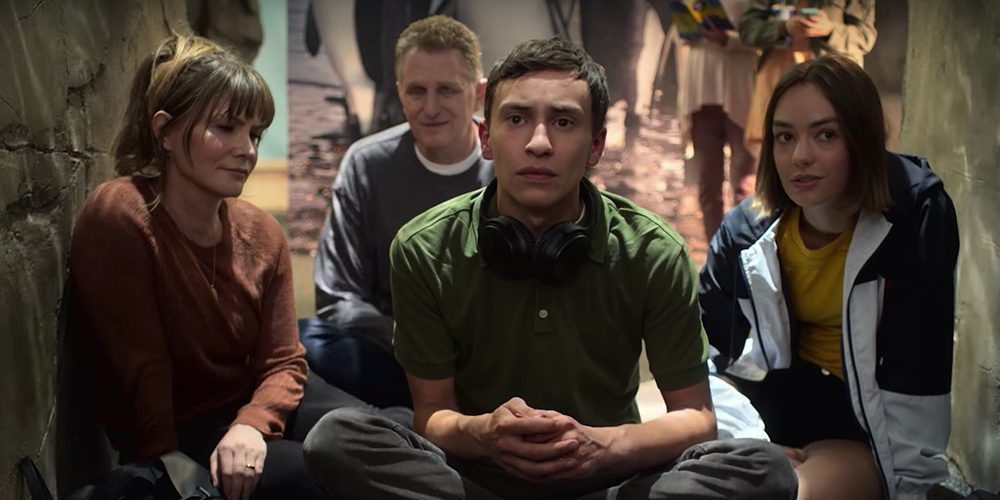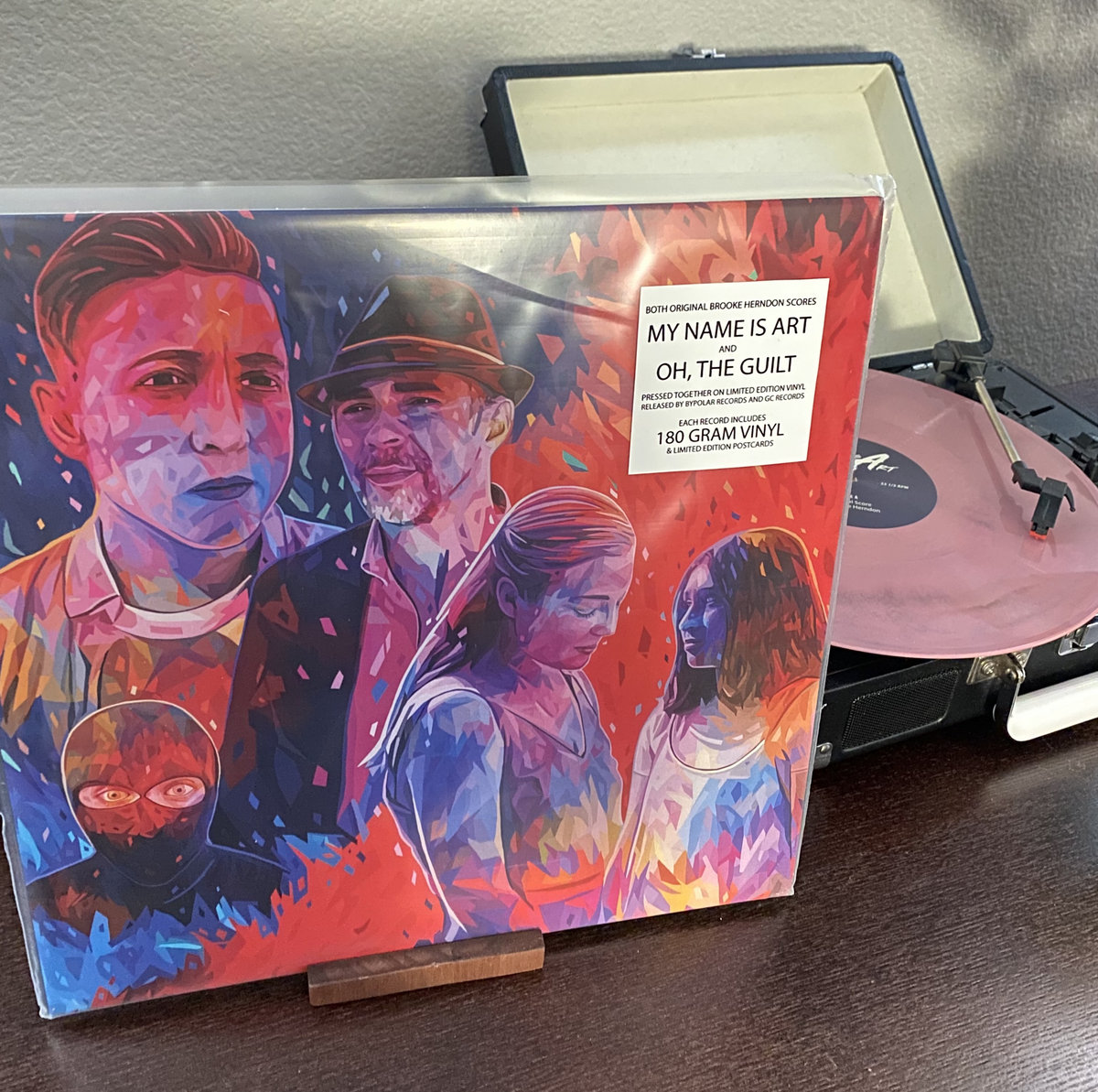Atypical is a charming little show that will fly under a lot of people’s radars, but it is definitely worth the watch. The family-based dramedy premiered on Netflix in 2017 with a short, 8-episode season; it’s second dropped in mid-September and even though it scored two bonus episodes, it could probably have used more. While season two advanced several storylines, it doesn’t feel like a complete season and viewers may feel like they are left hanging.
The show centers on the Gardner family, parents Doug (Michael Rapaport) and Elsa (Jennifer Jason Leigh), and their two children, Sam (Keir Gilchrist) and Casey (Brigette Lundy-Paine). What makes the Gardners not so typical? Sam is on the autism spectrum. Though he appears to be higher functioning than many of the other kids at the support meetings Elsa attends, Sam still struggles with normality. Luckily, his younger sister Casey is a bit of an outsider herself, and she feels an obligation to protect Sam from his bullies.
However overprotective Casey may be, no one is more protective of Sam than his mother, Elsa. Jennifer Jason Leigh turns in a magnetic and controversial performance on this show, playing the extreme, perfect, helicopter parent that turns out to have more cracks in the foundation than she is comfortable showing. When Sam begins to express a desire for more independence, she struggles with her impending obsolescence. For his entire life, Sam has been the main thing driving Elsa, and the realization that he may not need her—coupled with the realization that she has neglected her relationships with her daughter and husband—leads Elsa to have an affair.
The aftermath of Doug’s discovery of the affair is the main driving force in season two. I feel for Doug and I do not believe Elsa should be easily forgiven, but when Doug kicks her out of the house and rebuffs all attempts at reconciliation, it’s difficult not to feel at least a little bit sorry for her. Elsa knows she made a mistake, she doesn’t try to justify her actions by pointing out Doug’s early inability to cope with Sam’s autism, she is remorseful but hopeful. Doug first tries to prove that he can handle both kids by himself—just like Elsa had done for years—but it’s soon obvious that he cannot handle the pressure and Elsa moves back in, although the pair remains separated.
Casey’s storyline in season two seemed to run parallel to her interactions with her family. In season one, Casey left the high school she attended with Sam to attend private school, Clayton Prep, and strike it out on her own. Her fellow track team member, Izzie (Fivel Stewart) is initially mean to her but the two eventually form a friendship that turns into mutual attraction. This is never spoken out loud, only alluded to strongly, but it’s obvious that Casey is struggling with these feelings, especially since things are still going strong with her boyfriend Evan (Graham Rogers). This storyline moved at a snail’s pace and spent a lot of time focusing on minutiae and misdirects before committing to the heart of the matter, which is that Casey now has yet another hard decision to make in a possible season 3.
Sam is the only member of the Gardner family who comes out of the season better than he started. Despite the show’s focus on autism as a primary theme, he actually does very little to affect the other characters’ storylines. Instead, Sam spends the first half of the season clarifying (and thankfully finally ending) his relationship with Paige (Jenna Boyd) and the second half of the season focusing on the question of college. Although I find Paige’s neurotic nature funny, I’m glad she and Sam broke up because she was just another person attempting to control Sam instead of letting him decide his own future, and Sam already has that figure in his mother. At the behest of his counselor (Casey Wilson) and his father, and in defiance to Elsa’s wishes, Sam attends a peer group of other kids on the spectrum and it helps him make a decision about his future. While he feels good about the decision, it is obvious that Sam’s hardest journey is yet to come.
Doug came a long way in season two, proving that he can be a strong influence on Sam by letting the teen make decisions for himself. He also showed, for the first time, a zealous interest in autism awareness. After a misunderstanding involving Sam leads to the teen being arrested unjustly, Doug comes up with the idea of a program to educate law enforcement on dealing with people on the spectrum. It was nice seeing Doug invested in something and nicer still to see him work together with Elsa after spending half the season apart, but it also led him to a possible new love interest. Like Casey’s unexpected attraction and Sam’s college journey, this is yet another storyline that will have to be shelved until season 3.
While Atypical’s season two felt like a lot of set-up without any payoff, there were plenty of moments to enjoy along the way. There is an episode celebrating Sam’s friendship with coworker Zahid (Nik Dodani); I have to admit, in season one I had my issues with Zahid, who was more annoying and immature than funny, but he came a long way in season two, and proved himself to be a good influence on Sam’s quest for independence, even if not all of his ideas are good ones. I kind of wish the show had phased out Sam’s former therapist, Julia (Amy Okuda), because she is no longer relevant, but she is an enjoyable character and it’s clear she is still important to Sam. A mid-season montage showing Sam’s persistent phone calls to his former therapist does its job to shoehorn her back into the main story, and her possible involvement in Doug’s project might be a good way to keep Okuda involved in the show.
Enough cannot be said of Casey’s portrayer, Brigette Lundy-Paine. The young actress is continually the highlight of the show, bringing emotion and weight to counteract Keir Gilchrist’s requisite lack of intensity. Casey’s devotion to Sam is felt so strongly, even when the two are bickering like normal siblings do. She is a girl that had to grow up too fast, repeatedly sacrificing her own interests to accommodate her brother, but season two reminds us that she is still a teenage girl dealing with things that many teenagers have to deal with—making new friends, fighting with your mother, getting drunk for the first time, and sorting through your romantic feelings.
I feel confident in a season three, though none has been announced. After complaints about a lack of diversity in season one, the cast and crew was bolstered with female writers and directors and actors on the spectrum, and season two has been all the better for it. While it was frustrating to see storylines left hanging, it is a proper reflection of real life that not all problems will be solved in 30 minutes. The Gardner’s story, it seems, is just getting started.









